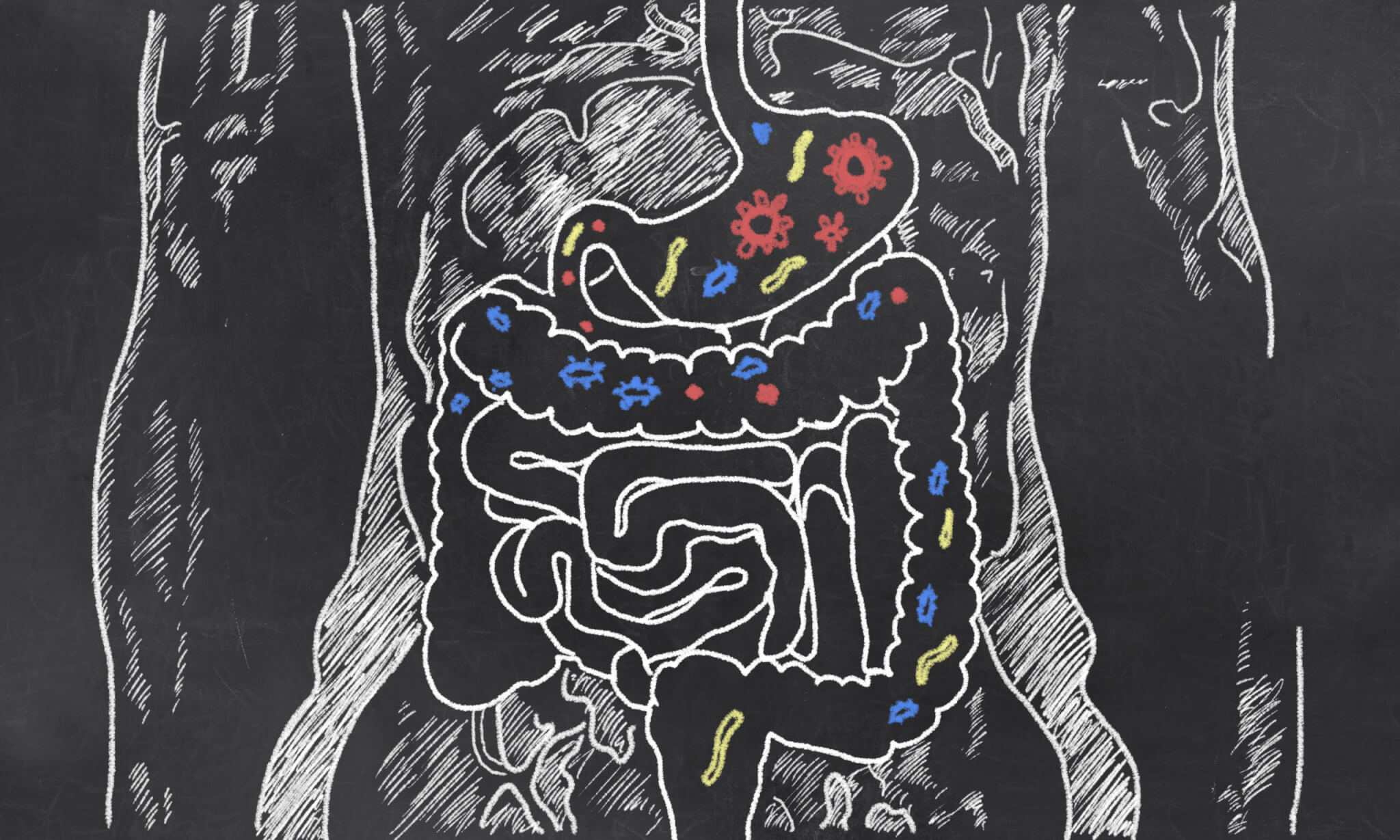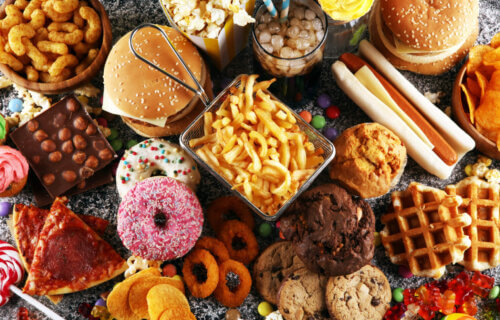RIVERSIDE, Calif. — It’s no secret that too much fat in a diet is going to backfire eventually, but new research is adding even more reasons to adopt a leaner approach to eating. Scientists at the University of California-Riverside have found that high-fat diets can influence our genetic make-up. The affected genes have a link to numerous health concerns such as obesity, colon cancer, and irritable bowel disease, as well as more general health concerns such as changes to the immune system, brain function, and even a person’s COVID-19 risk.
While prior studies have analyzed the impact of high-fat diets, this latest project set itself apart by widening its scope. The research team fed a group of mice three different diets over the course of 24 weeks in which at least 40 percent of the calories came from fat. After that, they assessed the rodents’ microbiome, as well as any genetic changes in all four parts of the intestines.
One group of mice consumed a diet based on saturated fat from coconut oil. Another group received a monounsaturated, modified soybean oil-based diet and the third group received an unmodified soybean oil high in polyunsaturated fat. In comparison to a low-fat control diet, all three groups experienced concerning changes or fluctuations in gene expression, which is the process by which genetic information transforms into a functional product, like protein.
“Word on the street is that plant-based diets are better for you, and in many cases that’s true. However, a diet high in fat, even from a plant, is one case where it’s just not true,” says Frances Sladek, a UCR cell biology professor and senior author of the new study, in a media release.
Researchers say they weren’t surprised to see some of the noted intestinal changes, such as major changes in genes related to fat metabolism and the composition of gut bacteria. For instance, the team observed an increase in pathogenic E. coli and a suppression of Bacteroides, which work to protect against pathogens. Further observations, on the other hand, were more shocking, including changes in genes regulating susceptibility to infectious diseases.
“We saw pattern recognition genes, ones that recognize infectious bacteria, take a hit. We saw cytokine signaling genes take a hit, which help the body control inflammation,” Prof. Sladek adds. “So, it’s a double whammy. These diets impair immune system genes in the host, and they also create an environment in which harmful gut bacteria can thrive.”
The research team’s prior work involving soybean oil had already established its link to both obesity and diabetes, both considered major risk factors for COVID-19. Now, this new study details how all three high-fat diets increase the expression of ACE2 and other host proteins that are manipulated by COVID-19 spike proteins to enter the body.
Moreover, study authors noted that high-fat food increased signs of stem cells in the colon.
“You’d think that would be a good thing, but actually they can be precursors to cancer,” Prof. Sladek notes.

In terms of gene expression, coconut oil displayed the greatest number of changes, followed by unmodified soybean oil. The differences between the two soybean oils indicate that polyunsaturated fatty acids in unmodified soybean oil, primarily linoleic acid, play some kind of a role in changing gene expression.
Notably, unhealthy changes to the microbiome in this study were more pronounced among mice consuming the soybean oil diet. Researchers expected as much, as they previously documented other negative health effects tied to high soybean oil consumption.
In 2015, the research team found that soybean oil induces obesity, diabetes, insulin resistance, and fatty liver in mice. Then, in 2020, the researchers demonstrated the oil is also capable of affecting genes in the brain related to conditions including autism, Alzheimer’s disease, anxiety, and depression.
Interestingly, the new study reveals that the expression of several neurotransmitter genes was indeed changed by the high-fat diets, thus reinforcing the notion that there is a gut-brain axis that can be impacted by diet. Study authors stress these findings only apply to soybean oil, and not to other soy products, tofu, or soybeans themselves.
“There are some really good things about soybeans. But too much of that oil is just not good for you,” explains UCR microbiologist Poonamjot Deol, a co-first author of the current study in addition to UCR postdoctoral researcher Jose Martinez-Lomeli.

It’s also important to note that this research was conducted with mice, and rodent studies do not always lead to the same findings in humans. However, humans and mice are more similar than most probably assume; we share 97.5 percent of their working DNA. So, this work is quite concerning, researchers argue, as soybean oil is the most commonly consumed oil in the United States, and is increasingly consumed in other countries like Brazil, China, and India.
According to some estimates, Americans get close to 40 percent of their calories from fat. That would mirror what the mice ate in this study.
“Some fat is necessary in the diet, perhaps 10 to 15%. Most people though, at least in this country, are getting at least three times the amount that they need,” Deol comments.
Still, researchers say readers shouldn’t panic over a single meal. It is a long-term high-fat habit that we should all be wary of. Researchers stress that the mice stayed on these diets for 24 weeks.
“In human terms, that is like starting from childhood and continuing until middle age. One night of indulgence is not what these mice ate. It’s more like a lifetime of the food,” Deol says.
“Some people think, ‘Oh, I’ll just exercise more and be okay. But regularly eating this way could be impacting your immune system and how your brain functions,” Deol concludes. “You may not be able to just exercise away these effects.”
The study is published in Scientific Reports.
You might also be interested in:
- Scientists discover how to prevent high-fat diets from wrecking your metabolism
- Charcoal supplements before eating high-fat foods could prevent weight gain
- What you eat every day may dictate your Alzheimer’s disease risk

